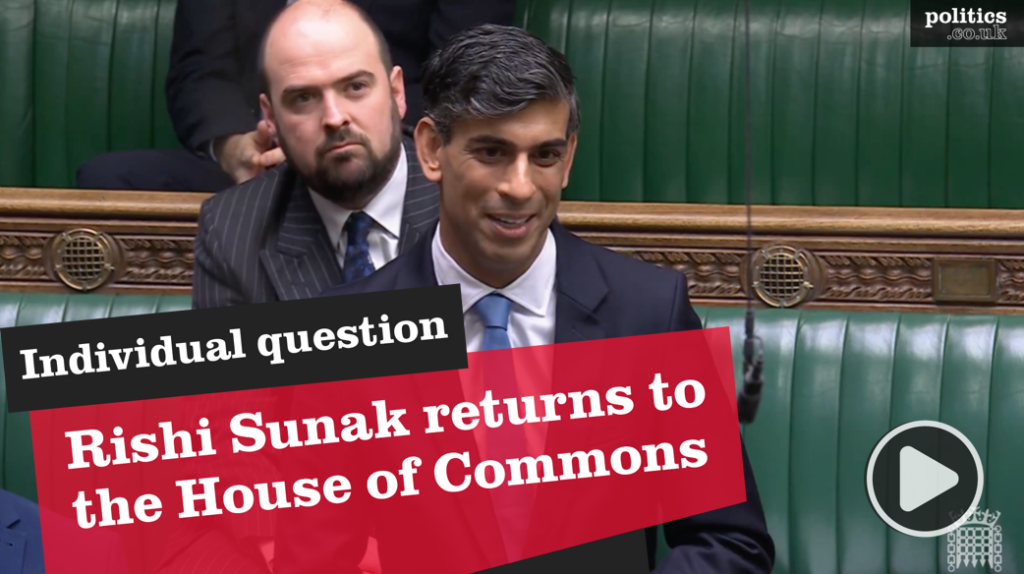Proportion of clients with energy arrears falls, but cost of living still driving new clients to StepChange
StepChange Debt Charity client data from October 2022 shows the cost of living is still the number one driver of debt among new clients, although the proportion of new clients with gas and electricity arrears fell compared to September.
Since the start of October, when the government’s energy price guarantee was announced, the proportion of new clients in arrears with their dual fuel bills has decreased by five percentage points to 51% – down from 56% in September 2022. New clients with electricity (28%) and gas (23%) arrears are also down by three percentage points each, compared to last month. There has also been a 34% month-on-month increase in traffic to StepChange’s webpage on government help with gas and electricity bills.
However, 21% of new clients are still citing the cost of living as their main reason for debt, 7 in 10 (71%) of whom are women. The Bank of England’s Money and Credit stats today show an increase in consumer net borrowing from £0.6bn to £0.8bn, suggesting that cost pressures caused by inflation are driving people to borrow more, potentially leaving them more vulnerable to problem debt.
The volume of clients receiving full debt advice has increased slightly between September (14,815) and October (15,032) 2022. Around 342,000 people visited the website in October which was a 6% increase on the previous calendar month (323,000).
The demographic profiles of new clients in October 2022 were fairly similar to previous months. However, there has been a one percentage point increase in the proportion of clients with a mortgage (14%).
Richard Lane, Director of External Affairs at StepChange Debt Charity, said:
“While we’re pleased to see government support immediately having a positive effect on the proportion of new clients with energy arrears, energy debt remains high. We’re concerned that when this support is withdrawn in April, coupled with the energy price cap rising, many households will be left vulnerable to the risk of problem debt.
“The government has confirmed that benefits will be uprated in line with inflation, and support with the cost of living will continue beyond April 2023 for some households. While this is a relief, the support offered still means those in receipt of means-tested benefits are facing a cut in real income, while low-to-middle income working households will have to pay ever-increasing energy bills without any further financial help. A targeted approach to support is important, but 2023 is looking precarious for millions of households who are increasingly seeing their incomes absorbed by unmanageable energy bills and other essential expenses rising due to soaring inflation.”











